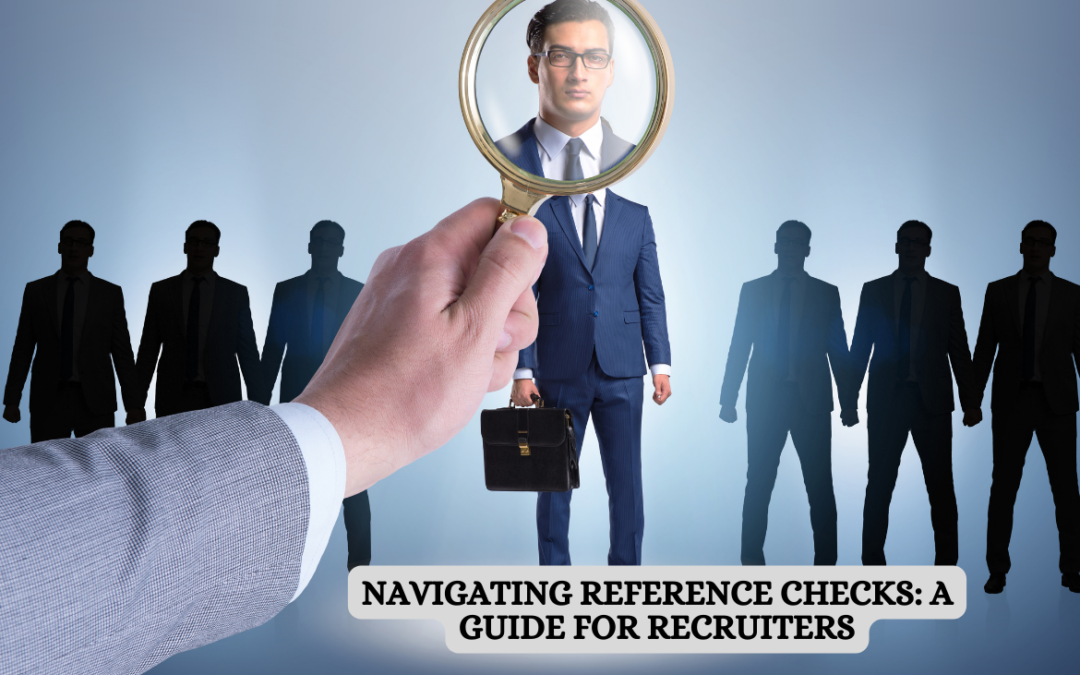Reference checks are crucial in hiring to ensure the person hired is a suitable fit for whatever position. As a recruiter, it is essential to master the art of doing and undoing reference checks in order to make knowledgeable decisions when building your team. Here is a straightforward guide that will take you through this crucial part of the hiring procedure.
The Do’s
Prepare Thoroughly:
Know the candidate’s resume and work history before making that call. Specify the competencies and qualities needed for this job. This preparation enables you to ask relevant questions that give great information.
Start the reference check with a short introduction that details your position and for what reason you are calling. Developing a friendly and professional relationship creates an atmosphere of ease for fruitful, open communication.
Open-ended questions produce detailed responses. Instead of asking for yes or no answers, encourage the reference to respond with specific instances that showcase how well the candidate performs and what their strengths and weaknesses are.
Make sure to verify crucial information such as posts, duties held and dates of employment. This ensures that the information is consistent with what had been provided during the interview process by the candidate.
Inquire About Work Style and Collaboration:
Know how the candidate works with others. Ask about their work style, communication skills and whether they are capable of making positive contributions to the group. This information is critical when evaluating cultural compatibility in your organisation.
Probe for Growth Opportunities:
Investigate the candidate’s capacity and readiness to learn and develop. Ask for situations where the person showed adaptability and a proactive approach to professional growth.
The Don’ts
Avoid questions that prompt a preferred answer. Do not be biased in your inquiry so you are able to get honest feedback from this reference.
Don’t Rely Solely on Written References:
As useful as written references are, opt for verbal communication. In a live conversation, the interviewer can ask follow-up questions and obtain clarifications, leading to a more in-depth understanding of how good a candidate is.
Refrain from Making Assumptions:
Treat each reference check as a new opportunity. Do not have predetermined ideas stemming from the candidate’s showing during interviews. The references may provide valuable context that adds depth to your understanding.
Don’t Overlook Negative Feedback:
Act on any negative feedback received during the reference check. Although it is natural to focus on strengths, addressing areas that need development are also important when making hiring decisions.
Avoid Rushing the Process:
Take the time to make sure that you are doing a proper reference check. Hastily taking the conversation might mean missing out on valuable insights. Patience is important in getting the most vital information.
Don’t Disregard Legal and Ethical Considerations:
Follow legal and ethical standards while conducting the reference check procedure. Avoid queries that may cause discrimination or breach the candidate’s privacy.
Conclusion
Mastering the art of reference checks is an ongoing learning curve for recruiters. If you take note of these do’s and don’ts, your reference check will be more effective, resulting in better hiring choices and a strong, unified team.

